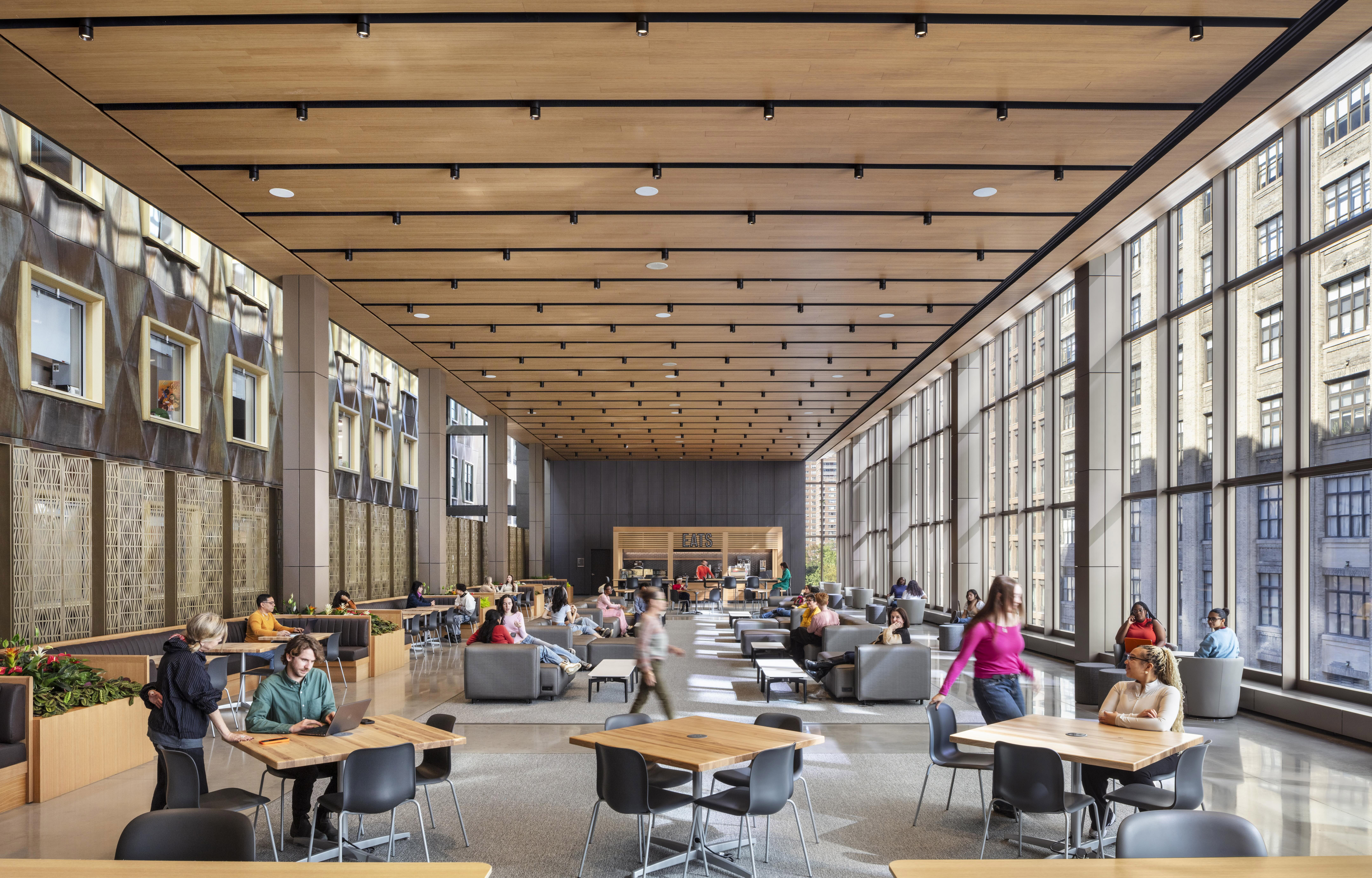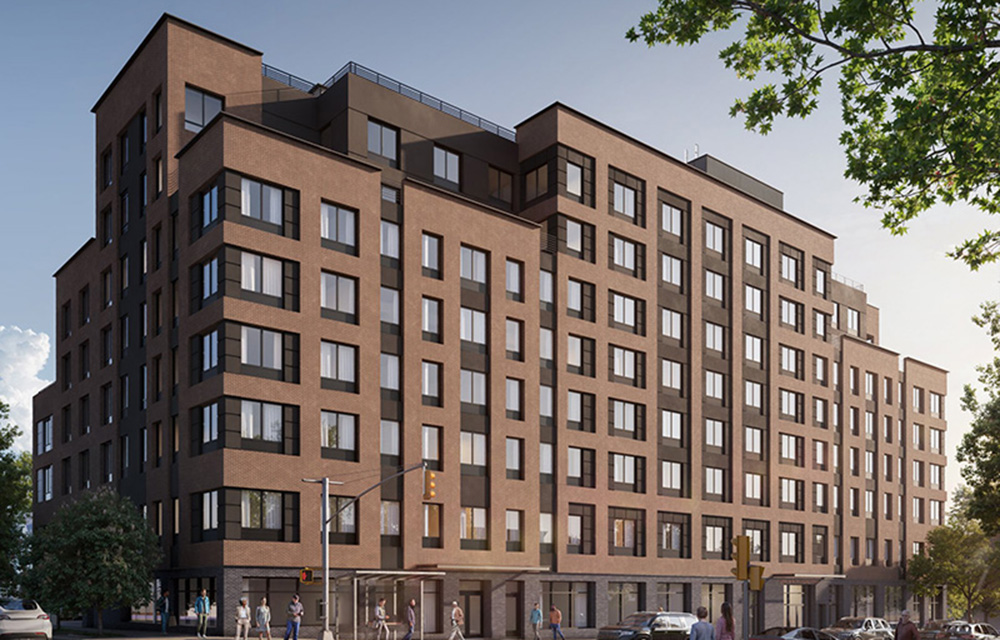News:
Construction Design & Engineering
Posted: November 9, 2012
A lawyer discusses buying a small building - commercial, residential or mixed-use
The current real estate market has created many interesting opportunities for investors to buy small buildings - commercial, residential and mixed use. They are usually buildings under six stories high. Some are townhouses divided into apartments with backyard space. Others have a store or two at the ground level and apartments above. Anyone thinking of buying this type of property should have knowledgeable legal counsel advising them on the purchase, since there are many issues which can arise.
A title report is always very important, since there may be violations, mechanic's liens and even judgments that will need to be resolved. The sooner a title report is ordered, the better. A survey of boundary lines can be crucial in some cases, since neighbors may have installed fences over the years, which may be encroaching on your property line. There also needs to be a thorough physical inspection of the property for leaks, asbestos and other such issues. It is not unusual to find that the property has been divided into units which are not really "legal." A building may be a legal three family house, but have five apartments. There may also be renovation work which has not been filed with the Department of Buildings.
One family bought a building that became a landmark building shortly after the closing, much to the new owner's surprise. This made the renovation he wanted to undertake much more complicated and expensive than what he was planning. A penthouse condominium unit owner found out that the building next door had once been owned by the same owner and that he had recorded an easement for his neighboring building that prevented renovations which would block his light and air. The purchaser had to abandon his idea for building a room on the roof.
All of these potential issues have to be accounted for in some fashion in the contract of sale. For example, there may be issues that would require the seller to spend in excess of $30,000 to fix violations, when the contract says the seller will not spend anymore than $10,000 and that if it costs more than $10,000, the seller, at his option, may cancel the contract. These issues are negotiable.
Some of these residential buildings may be rent stabilized, thereby limiting what can be done with them. Others may have free market rent. One thing that many purchasers want to do these days is turn townhouses and even three-family houses into condominiums, so that they can sell the individual units. While this can be lucrative for the purchaser of such a building, it is not always such a good thing for the ultimate buyer of such units. It is not unusual to have strange floor plans and combinations so that parlor floors are combined with basements and then called "duplex apartments," when they are not really functional basements with living space and are prone to flooding.
There are endless types of unusual situations a purchaser must look out for. An outside professional architect or engineer should be retained to inspect the property. One purchaser bought a building with an easement from a neighboring building that had purchased the air rights on his building and had built a water tower and chimney on the building based on an easement. In other words, the prior owner of the property had been paid a lot of money for selling these rights, but the new purchaser only had the burden of having them. He came to me for advice about the neighbor because the structures that the neighboring building owner had attached to the building were causing damage to the exterior of the building and were not being maintained. When I asked the owner if his closing attorney had reviewed the easement agreement and discussed all of this with him, he said his attorney did not know about such things and just handled the closing.
There is a lot that must be learned and negotiated about small buildings before they are purchased. Seek knowledgeable legal counsel and a good architect before proceeding.
C. Jaye Berger is a principal at the Law Offices C. Jaye Berger, New York, N.Y.
MORE FROM Construction Design & Engineering
NYC mayor and DOB release comprehensive façade inspection and safety study conducted by Thornton Tomasetti
Manhattan, NY New York City mayor Eric Adams and New York City Department of Buildings (DOB) commissioner Jimmy Oddo released the full recommendations from a comprehensive engineering study conducted by global engineering firm Thornton Tomasetti

Quick Hits







.gif)
.jpg)
.gif)
.gif)